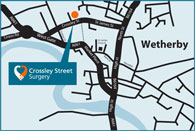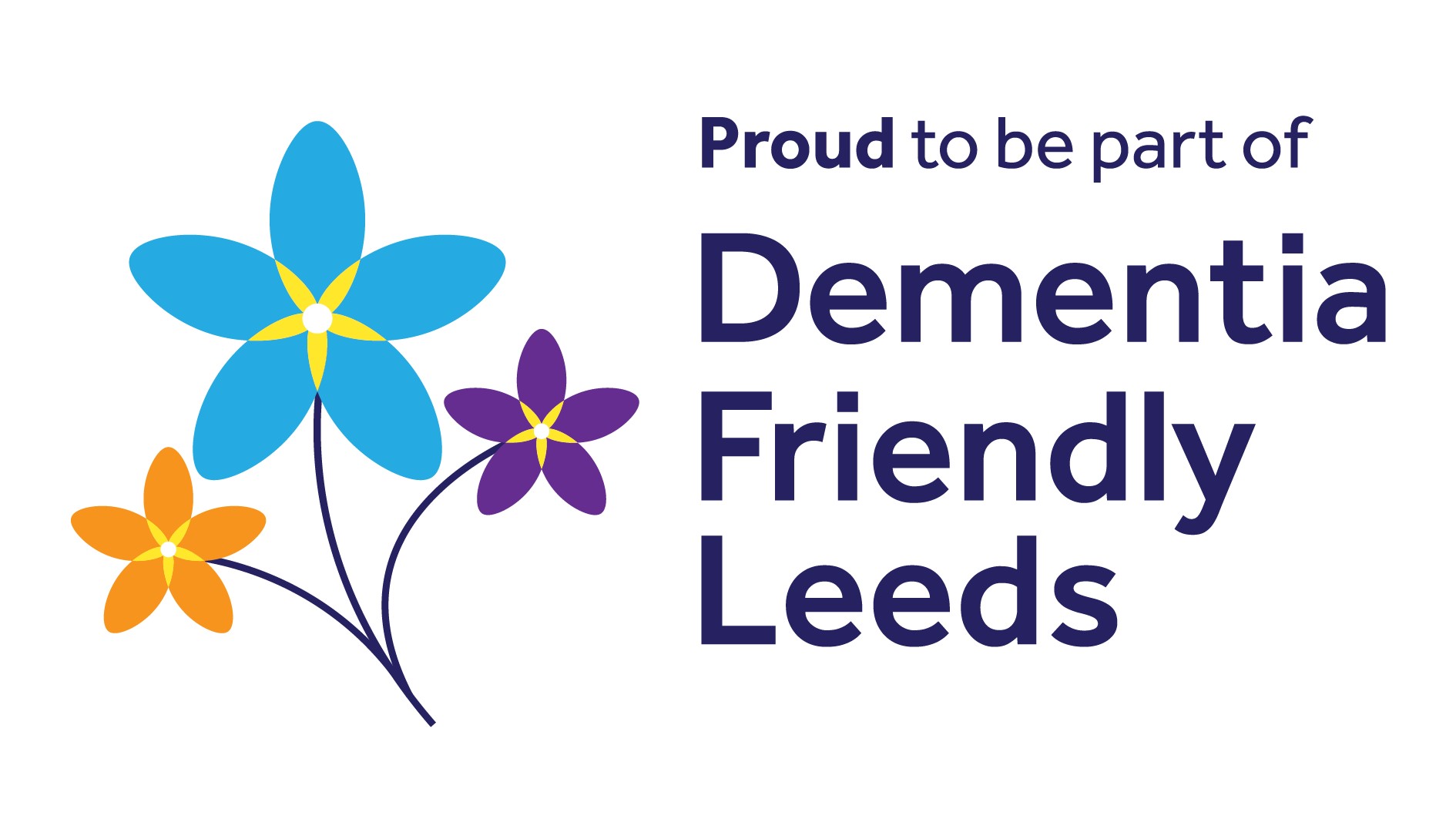You are said to have a:
- High risk - if your score is 20% or more. This is a 2 in 10 chance or more of developing a cardiovascular disease within the next 10 years.
- Moderate risk - if your score is 10-20%. This is between a 1 in 10 and 2 in 10 chance.
- Low risk – if your score is less than 10%. This is a less than 1 in 10 chance.
What treatments are available to reduce the risk?
If you are at moderate or high risk of developing a cardiovascular disease then treatment with medicines is usually advised, along with advice to tackle any lifestyle issues.
This usually means:
- Treatment with medication, usually with a statin medicine to lower your cholesterol level. No matter what your current cholesterol level, treatment with medicines is advised. In terms of targets, your level of cholesterol has to be viewed as part of your overall cardiovascular health risk. The cardiovascular health risk from any given level of cholesterol can vary, depending on the level of your HDL cholesterol, and on other health risk factors that you may have.
- Treatment with medication to lower blood pressure if it is high. This is even if your blood pressure is just mildly high.
For more information, click here for a patient decision aid on taking statins.
Where relevant, to encourage you even more to tackle lifestyle risk factors. This means to:
- Stop smoking if you smoke.
- Eat a healthy diet - including keeping your salt intake to under 5g a day.
- Keep your weight and waist in check.
- Take regular physical activity.
- Cut back if you drink a lot of alcohol.
The British Heart Foundation provide some really useful information about keeping a healthy lifestyle through diet, exercise, reducing salt intake < 5g per day, reducing alcohol, maintaining a healthy weight and avoiding smoking. This advice is important whatever your CVD risk is. This information is accessed via BHF website to www.bhf.org.uk and linking to Risk Factors from the home page.
At present NICE advises that treatment in the form of medication called Statins should be considered if your Qrisk2 is > 10 %, as well as addressing any lifestyle issues. Information regarding this medication can be obtained on the BHF website. If your QRISK2 remains elevated after lifestyle changes are introduced we will discuss the need for medication. If you would like to discuss medication in more detail, please speak to our pharmacists, Richard Laybourn or Alia Awni, or make a telephone appointment with a doctor for a prescription.
Information re modifying all risk factors and support offered locally is available through One You Leeds at www.OneYouLeeds.co.uk. You may also find www.patient.info helpful.
Help with stopping smoking can be accessed via phoning 0800 169 4219



